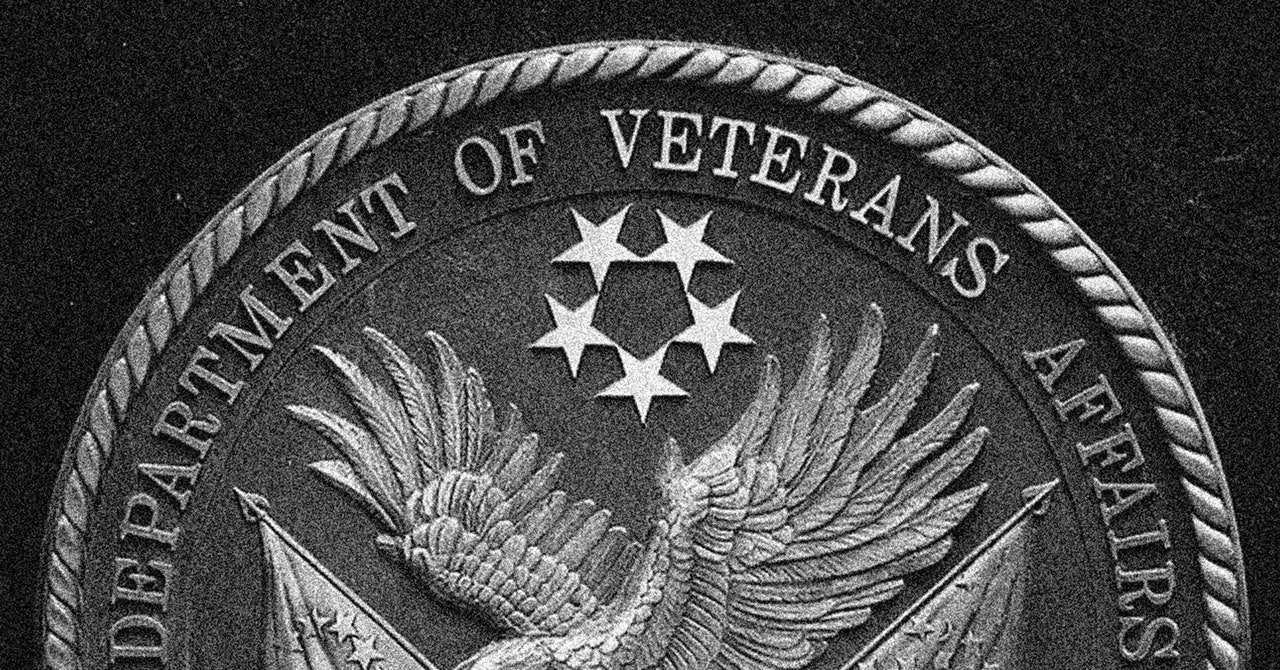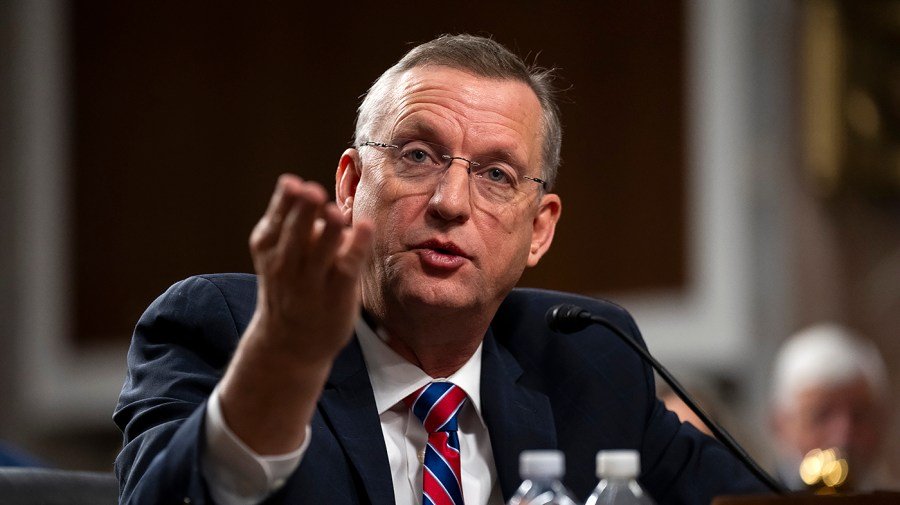An anemia drug developed under an alliance between FibroGen and AstraZeneca will continue its commercialization in China fully in the hands of the pharmaceutical giant, which is buying the China business of its partner in a $160 million deal.
The agreement announced Thursday covers the rights to roxadustat in China, where the drug has become a top-selling product for treating anemia caused by chronic kidney disease. San Francisco-based FibroGen will use the cash from the deal to shore up its financial position as its focus turns toward clinical development of a cancer drug that has become its new lead asset.
Roxadustat belongs to a class of drugs called HIF-PH inhibitors. These drugs lead to increased production of erythropoietin, a hormone that stimulates formation of red blood cells to counteract anemia. In 2019, China was first to approve roxadustat for treating anemia from chronic kidney disease and the small molecule has since become a top-selling product in this indication. Roxadustat could further expand its scope in China, where it is currently under regulatory review as a treatment for chemotherapy-induced anemia.
AstraZeneca’s partnership with FibroGen dates to 2013, when the companies struck two agreements. One deal covered the development and commercialization of roxadustat in the U.S. and the rest of the world, except for Europe and Japan, where Astellas Pharma previously licensed rights to the drug. The second agreement covered development and commercialization of roxadustat in China. Per terms of the China deal, profits are shared equally.
In 2021, roxadustat won European approval but was rejected by the FDA, which asked for another clinical trial. Last year, AstraZeneca and FibroGen ended the roxadustat collaboration agreement in the U.S. and all other regions, excluding China and the territories licensed to Astellas Pharma. Now, the China collaboration is ending. Financial terms of the deal announced Thursday break down to $85 million in cash for the enterprise value of the China business, FibroGen International. FibroGen will also get about $75 million in net cash held by that business and its subsidiaries. The deal is expected to close by the middle of this year.
FibroGen has not given up on developing roxadustat for the U.S., where it still retains rights. In 2023, the drug failed a Phase 3 test evaluating it as a treatment for anemia from lower-risk myelodysplastic syndrome, a type of blood cancer. Bristol Myers Squibb and Geron Corporation each have FDA-approved drugs in this indication, but FibroGen contends there is still significant unmet medical need. It plans to meet with the agency in the second quarter of this year to discuss potential development of the drug in the U.S.
As of the end of 2024, FibroGen said its cash position was approximately $121.1 million. The company said it will use proceeds from the AstraZeneca deal to pay off debt. The company will also continue clinical development of FG-3246, an antibody drug conjugate in-licensed from Fortis Therapeutics in 2023. A Phase 2 test of this drug candidate is expected to start in the second quarter of this year, enrolling patients with metastatic castration-resistant prostate cancer. FibroGen said it expects its cash runway will extend into 2027.
“After a thorough evaluation of alternatives, we believe selling our China operations and repaying our term loan is in the best interest of FibroGen’s stakeholders,” FibroGen CEO Thane Wettig said in a prepared statement.
To William Blair analyst Andy Hsieh, the transaction represents the best case outcome for FibroGen’s China business. In a research note, Hsieh said the deal enables the company to bring China-generated cash back to the U.S. FibroGen extends its cash runway, which can now support clinical testing of FG-3246 and potentially roxadustat, if agreement is reached with the FDA. For investors, the deal simplifies the investment story, now focused on two assets for which FibroGen has U.S. rights.
Photo: Wong Yu Liang, Getty Images







